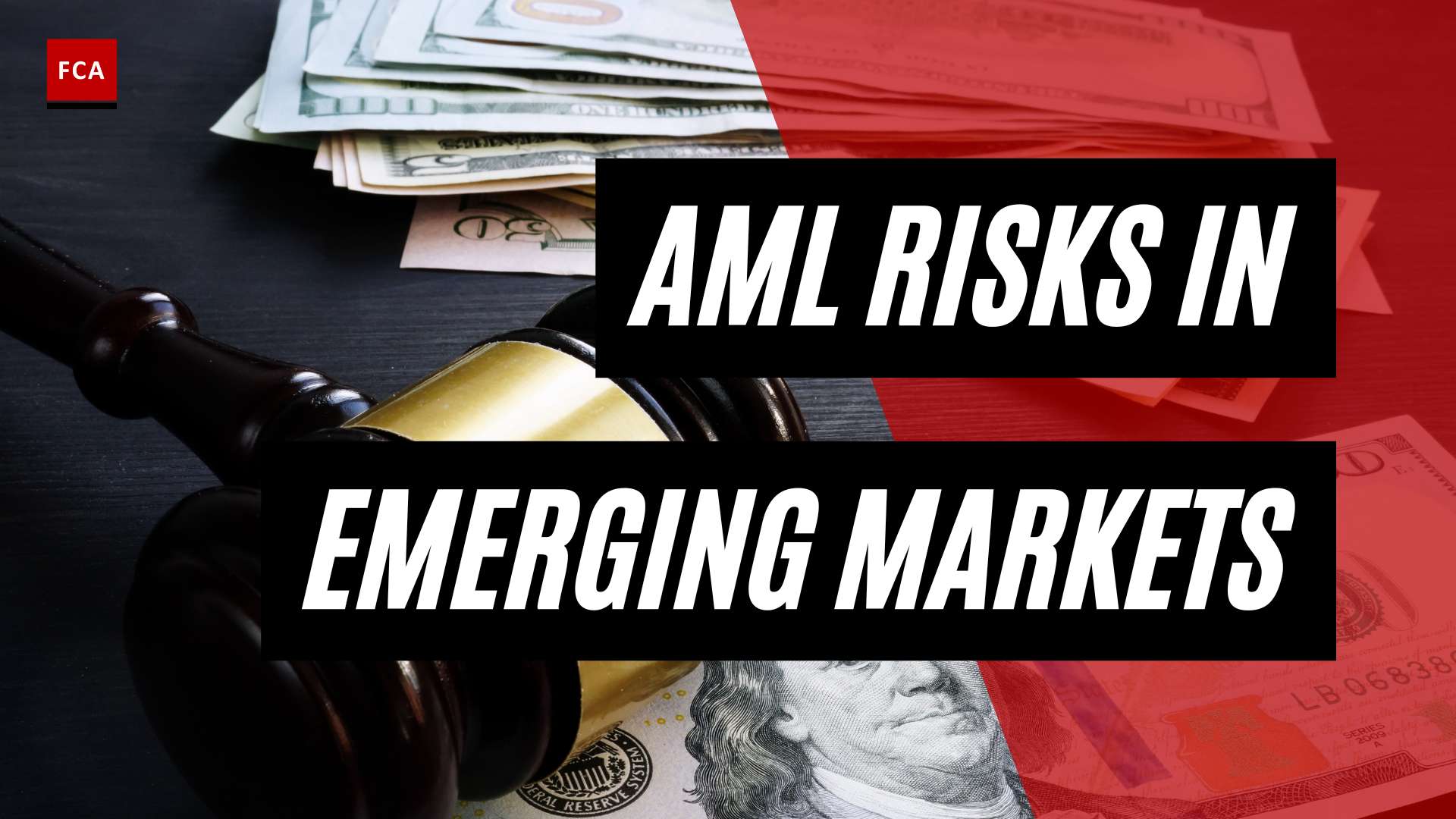Bribery is the act of giving or receiving something of value in exchange for influence or action, usually for personal gain. It is a form of corruption that undermines fair competition and equal opportunities, and often results in the misallocation of resources and the erosion of public trust.
Corruption, on the other hand, is a broader term that refers to the abuse of power or position for personal gain, whether through bribery or other means. Corruption can occur in many forms, including embezzlement, extortion, nepotism, and favoritism, among others.
Both bribery and corruption have significant economic, social, and political implications. They can lead to reduced economic growth, weakened institutions, and increased inequality, and undermine the rule of law and democratic values.
Efforts to combat bribery and corruption involve a range of measures, including laws and regulations, enforcement and prosecution, transparency and accountability, and international cooperation. These efforts require the involvement of governments, civil society, the private sector, and individuals, and must be sustained and comprehensive to be effective.

The Relation of Bribery and Corruption to Environmental Crimes and Examples
Corruption penetrates all supply chain tiers and has a significant role in the execution of environmental crimes. The environmental harm produced by the symbiotic link between crime and corruption may be substantial and irreparable. According to the Food and Agriculture Organization or FAO, between 1990 and 2020, deforestation caused the loss of almost 420 million hectares of forest.
Corruption is one of the main causes widely acknowledged as a crucial enabler of the unauthorized exploitation of forest resources, which also impacts forest biodiversity. Therefore, it is essential to identify and comprehend the nature and degree of the link between corruption and the illicit actions that influence the environment to develop effective countermeasures against these crimes.
A quarantine inspector was compensated by a father and son who controlled a flower import company between 2011 and 2017 with cash, gifts, and overseas trips. The importers paid bribes in exchange for secret information about rival companies and their vendors, which the inspector received from a private Department of Agriculture & Water database to bypass the routine quarantine examinations of imported flower goods. The flowers were transported in from Africa, Asia, Oceania, Europe, and South America. They were subjected to quarantine checks to prevent infection and other biosecurity hazards from entering the land.
The importers acquired a huge competitive edge by skipping thorough quarantine checks, which may take time and shorten a flower’s storage life. The quarantine inspector received a three-year prison term and a roughly 10,000 US dollar fine in 2019 for accepting a bribe and giving information away. One of the shippers admitted to bribing a public official and was given an 18-month jail term and a fine of roughly 20,000 US dollars. The other importer received a seven-month prison term after being charged with assisting and encouraging an offense.
The fisheries industry is one of the most important businesses for global food security, poverty reduction, and human development, with global fish output peaking at 179 million tonnes in 2018. However, a projected 34.2 percent of fish species are being exploited at unsustainable levels. Over 60 percent of fish populations have already been exploited to their maximum viable levels.

The Cook Islands’ Minister of Marine Resources legally granted fishing licenses. The position was to develop a personal connection with the Chief Operating Officer of Luen Thai Fishing Venture Ltd, one of the biggest fishing and seafood businesses in the Asia-Pacific area. The Minister licensed 18 of this company’s associated vessels between 2011 to 2013 for overseas fishing.
The Minister started a personal business enterprise to purchase a nearby resort in June 2012. He contacted the Chief Operating Officer of Luen Thai since he could not obtain the required finances through a bank loan. They consented to issue a 256,745 US-dollar loan to the Minister’s business partner by the Cook Island firm owned by Luen Thai. Due to the conflict of interest posed by the loan from Luen Thai, a bank denied extending the Minister more credit.
The Chief Operating Officer of Luen Thai also let the Minister know that the board of Luen Thai was worried that the political opponents in the Cook Islands might exploit the loan agreement to harm the Minister and the business. Still, he promised to try to change their minds. According to section 133 of the Cook Islands Crime Act of 1969, the Minister was found guilty of accepting a bribe in exchange for giving fishing licenses. He received four years, a four-month prison term.
Corruption makes it possible to exploit forests illegally, undermines attempts to safeguard the environment and uphold the law, and endangers legitimate trade. Acquiring agricultural estates and following land clearing work may be financed by criminal gains.
The governor of an Indonesian province evaded the procedures needed to obtain and issue commercial forest concessions and licenses from 2001 to 2007. Several privately held businesses, many of which were founded by the governor personally or by his employees and family, received permission from him. Due to the presence of lucrative licenses, these formerly low-value enterprises were subsequently sold to many major international paper and pulp corporations at a significant markup.
Through this scam, the governor made roughly 871,000 US dollars, his brother made 590,000 US dollars, and the head of the Rieu Forestry Office made an illegal profit of 57,100 US dollars. The governor was allegedly involved in another fraudulent scheme in the neighboring Siak Regency, where the chief of the Regency instructed the director of the forestry division to grant five firms commercial forest concession licenses without doing the necessary inspections. These businesses gave bribes totaling 63,800 US dollars to the director of the forestry division and 60,600 US dollars to the head of the Regency. The corrupt officials received prison terms ranging from 5 to 14 years in 2014 for their crimes.

Legal waste disposal can be more expensive than illicit disposal, which may encourage corrupt public officials and polluting corporations to engage in waste trafficking. Corrupt practices frequently involve many different stakeholder groups, including national and local lawmakers and regulators, environmental and other supervisory authorities, police officers, port authorities, landowners, traders and brokers, importers and exporters, as well as port authorities, environmental officials, and others.
In Germany, the illegal disposal of oil pellets between 2009 and 2013 resulted in multiple convictions for illegal waste management, fraud, embezzlement, bribery, and tax evasion. The primary perpetrator owned several businesses that handled garbage disposal for other businesses. The criminal paid a corporate employee and another alleged perpetrator to gain additional work from this business. The bribes were paid for with exorbitant invoice prices.
To conceal the noticeably reduced fees being charged for garbage dumping, the perpetrator established several smaller intermediate businesses under his control. The primary offender was charged with illegally disposing of oil pellets as a result of the criminal procedures connected to the corruption offenses. The involved parties were given prison terms ranging from two to three years and nine months. A total of 1.2 million euros worth of assets were confiscated.
Final Thoughts
Bribery and corruption can have a significant impact on environmental crimes. Environmental crimes refer to illegal activities that harm the environment, such as pollution, illegal dumping of hazardous waste, and deforestation. Bribery and corruption can exacerbate these crimes by allowing individuals or companies to bypass environmental regulations or obtain permits illegally. Overall, bribery and corruption can create a culture of impunity that allows environmental crimes to continue unchecked. Therefore, it is important to address corruption and bribery in order to effectively combat environmental crimes and protect the environment.









